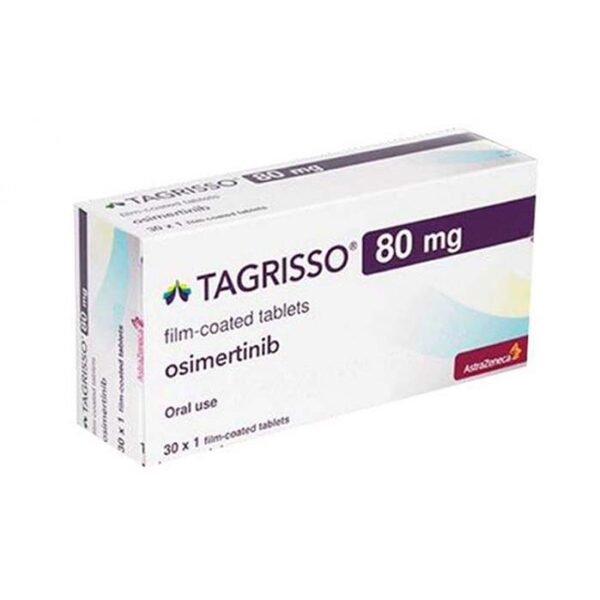
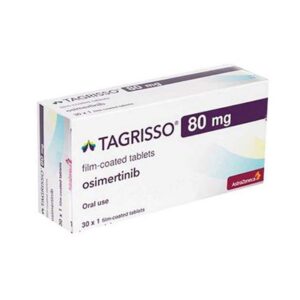
Buy Tagrisso (Osimertinib) Online
$5,720.00
- DISEASE INDICATIONS: Lung Cancer
- MANUFACTURER: AstraZeneca AB
- USAGE: Oral
- MEDICINE APPROVED BY:
- European Medical Agency (EMA)
- Food and Drug Administration (FDA)
- Health Canada
- Therapeutic Goods Administration (TGA)
- Medsafe (NZ)
Tagrisso, with the generic name osimertinib, is a prescription medication used in the treatment of non-small cell lung cancer (NSCLC).
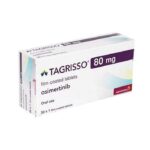
Buy Tagrisso (Osimertinib) Online
$5,720.00
- Description
- Additional information
- Reviews (0)
Description
Tagrisso, with the generic name osimertinib, is a prescription medication used in the treatment of non-small cell lung cancer (NSCLC). It is classified as a tyrosine kinase inhibitor (TKI) and is specifically designed to target cancer cells with certain mutations in the epidermal growth factor receptor (EGFR) gene. Here is a detailed description of Tagrisso:
Drug Class:
Tagrisso belongs to the class of medications known as tyrosine kinase inhibitors (TKIs). It is considered an EGFR TKI because it targets and inhibits the activity of mutated EGFR proteins in cancer cells.
Indications:
Tagrisso is primarily indicated for the treatment of:
- Non-Small Cell Lung Cancer (NSCLC): It is used for the treatment of advanced NSCLC in patients with specific mutations in the EGFR gene, known as T790M mutations. These mutations are associated with resistance to other EGFR TKIs.
Mechanism of Action:
Osimertinib, the active ingredient in Tagrisso, selectively targets and inhibits the activity of mutated EGFR proteins in cancer cells. It does this by binding to the receptor, preventing the signaling pathways that promote cell growth and division. By inhibiting these pathways, Tagrisso helps slow down or shrink tumors.
Dosage and Administration:
The dosage of Tagrisso is determined by a healthcare provider based on the patient’s specific condition, mutation status, and treatment history. It is typically taken orally in tablet form, once daily with or without food.
Effectiveness:
Clinical trials have shown that Tagrisso is effective in treating NSCLC with specific EGFR mutations, particularly the T790M mutation. It has demonstrated the ability to shrink tumors and prolong progression-free survival in patients with these mutations.
Side Effects:
Common side effects of Tagrisso may include diarrhea, skin rash, dry skin, and nail disorders. More serious side effects can occur, and individuals should consult their healthcare provider if they experience any adverse reactions.
Contraindications:
Tagrisso is contraindicated in individuals with a known hypersensitivity to osimertinib or any of its components.
Consultation with a Healthcare Provider:
Before starting Tagrisso, individuals should consult with their healthcare provider to determine if it is a suitable treatment option for their specific type of NSCLC. Genetic testing to identify the EGFR mutation status is often performed to determine eligibility for this medication. Regular monitoring and follow-up are essential during treatment with Tagrisso to assess treatment effectiveness and manage potential side effects.
Tagrisso offers a targeted and effective treatment option for individuals with advanced NSCLC who have specific EGFR mutations. Its use should always be under the guidance and supervision of qualified healthcare professionals who can assess the individual’s specific medical condition and needs.
Additional information
| Package | 30 tablets of 80 mg |
|---|
Be the first to review “Buy Tagrisso (Osimertinib) Online” Cancel reply
Related Products


Buy Onivyde (irinotecan hydrochloride trihydrate) Online
Total Sales: 0
SKU: 971124

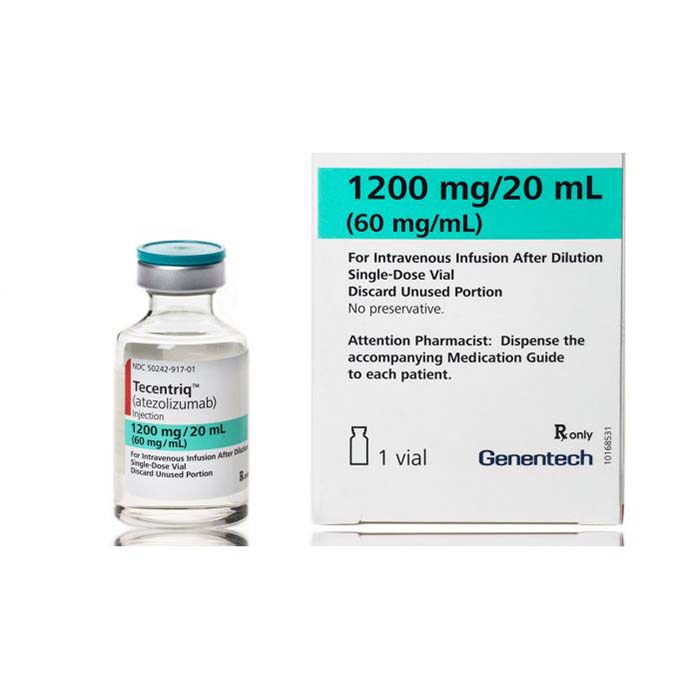
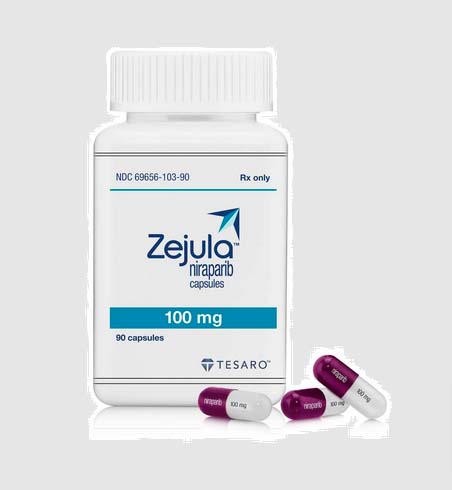


Reviews
There are no reviews yet.